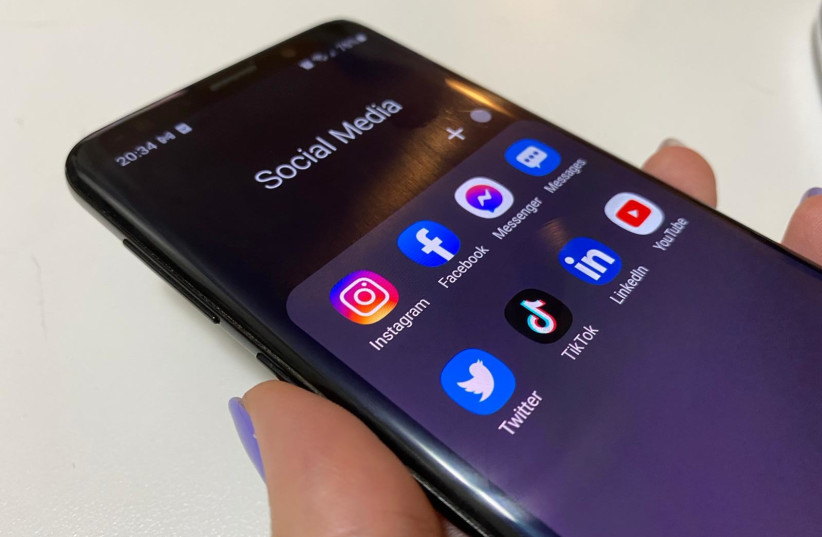The cyber state prosecution on Sunday announced that law enforcement had obtained the removal of over 10,000 terror incitement posts over the last month.
According to the prosecution, these removals came from approximately 14,000 posts with some connection to terror and incitement which were reviewed by the cyber police and prosecution.
The state announced that over the last month there has been a systematic campaign to encourage terror on social media through Facebook, Instagram, YouTube, Tik Tok, Twitter and Telegram.
The actions taken by the cyber prosecution were designed to try to limit the violent impact of online incitement.
According to a press statement, the Shin Bet (Israel Security Agency), IDF and other intelligence forces were also involved in efforts to track social media terror incitement.

On Facebook, around 7,700 posts were checked, of which approximately 5,500 were found to be problematic from an incitement perspective.
Approximately 90% of those posts which Israel asked to be removed, were in fact removed by Facebook.
Regarding TikTok, approximately 3,500 videos were reviewed. Around 2,300 were found to be problematic and about 74% of those were removed upon request.
Some posts contained more general incitement and praised past terrorists.
Others directly called for stabbing, running over or shooting to kill, Jewish Israelis.
For example, some posts after the Beersheba terror attack praised the terrorist attacker, while others called for uniting to fight for Muslim control of al-Aqsa Mosque and promoted lies and exaggerations about Israeli police “storming” the mosque.
Factually, the police have made very limited and short-lived movements into the mosque only to briefly arrest rock throwers without disrupting prayers for any extended period.
In another case, Facebook blocked an entire platform used by Hamas with around 900,000 followers in order to prevent its use for promoting terror.
In the first years of Facebook’s operations, there was much less social media policing of antisemitic or terror posts; however in recent years Facebook has been among the most determined social media outlets in removing antisemitic and terror posts when requested to do so.
In the past two years some anti-Israel activists have even attacked Facebook for being too amenable to requests to remove posts which they claim are often just Israeli attempts to reduce political criticism.
Despite these successes, a Justice Ministry and Communications Ministry commission conduct an ongoing review of Facebook’s role in Israel and discuss what new regulatory and oversight measures should be taken by the government regarding social media in general.
Globally speaking, the EU, the US and others have entered a new role of oversight and regulation of the social media giants.
